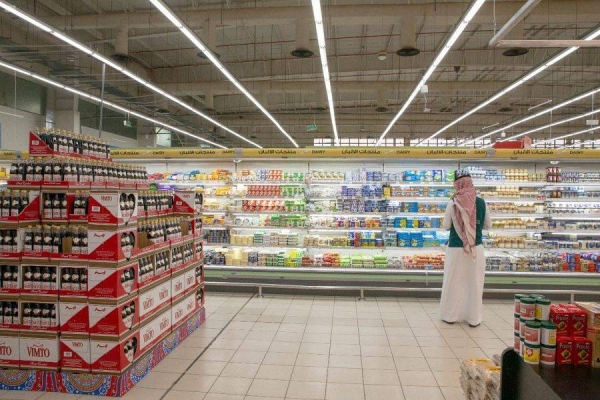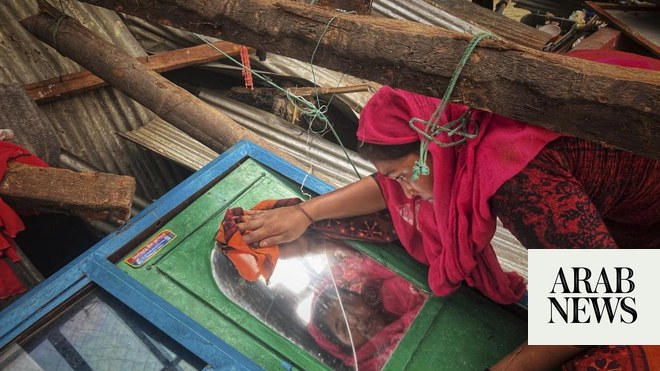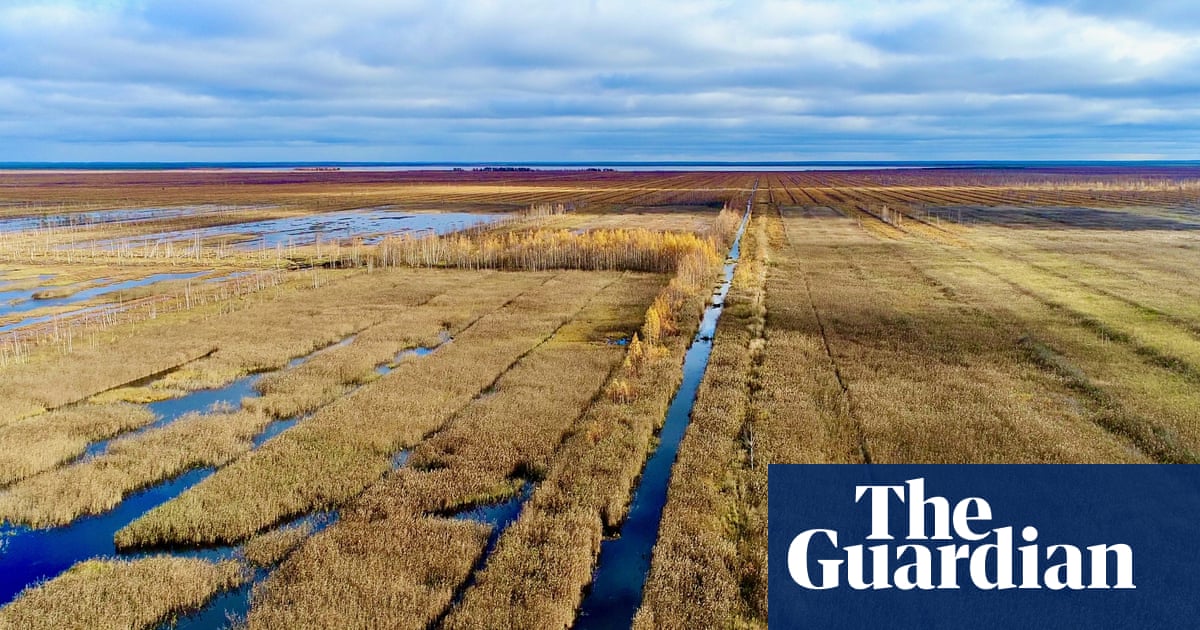
In the decade following the collapse of the Qaddafi regime in 2011, Libya has not had a single day of peace, as varying actors persistently vie for power and control, especially over the North African country’s most lucrative export, oil. What remains is a muddled mess, not unexpected, but a significant contributor to a corrosive, enduring legacy of what has become a protracted and normalized conflict with its fair share of participants and victims, but no victors, in an as-yet undetermined “end.”
For the average Libyan, the future is dark and getting darker. Most are now forced to claw back some semblance of a “norm” in remnants of cratered cities that repeatedly host deadly skirmishes and the excesses of the heavily armed, well-connected and unaccountable.
However, this sense of helpless despair is not exactly novel — only louder, more confusing and exceedingly attractive for an opportunistic few who have become willing agents of grander foreign designs. And, of course, it is never these men in tailored suits or those weighed down by unearned badges of valor who suffer the cumulative hostilities, the neglect, the displacement, the interruptions, the uncertainty or, worse, the endless, all-consuming fear as the country hollows itself out from within.
Furthermore, a combination of porous borders and persistent instability has gone on to underwrite trafficking in arms to the Sahel and migrant surges to Europe’s southern shores. Aside from sponsoring fresh woes, it has also created a global stake in facilitating still ineffectual peace efforts designed to assemble some form of unified executive authority, a constitution, elections and, ultimately, piece by piece, remake the Libyan state.
However, what does that mean? What does a “Libyan state” even look like?
Unfortunately, the country was never going to come into its own while under the yoke of the gross ideological misconceptions of a 42-year-old regime that eventually met an abrupt end before it transformed itself into a dynasty of sorts. That long pre-2011 era did nothing to etch out and formalize the foundations on which a future, stable Libyan state could establish itself regardless of who held power, or even how. When combined with the lost decade since 2011, the result is more than 50 years of poor governance, disrupted institutions, endless state dysfunction and deliberate neglect, affecting close to three generations of Libyans, possibly more if the current climate persists.
The facade of a proper state disintegrated, and the moment well-armed mobs anointed themselves revolutionaries, Libya was never going to gather itself from its pieces with one political system, one government and a uniform security architecture that held a monopoly on the purchase, possession and lawful use of arms. Instead, the country is now doomed by a sordid sort, an unusual assemblage of non-state actors, ad-hoc institutions, profiteers and opportunists more inclined to prolong the chaos via exclusionary power-sharing deals than engage in constructive peace and state-building dialogue.
With hindsight, the convergent debacles in Libya are a natural consequence of a country denied multiple opportunities to establish itself, let alone seek an enduring social contract outside of simply using oil wealth to buy the acquiescence of a pliant public. It is even worse now since it is highly unlikely there will ever be a broad enough consensus to properly define Libya’s post-2011 state-society relations nor how it can feasibly start building proper governance frameworks in such a hyper-polarized, fragmented society where the increasingly disenchanted now roam. Worse yet, today’s failures, state-sanctioned malfeasance and lack of political will to even answer basic questions, such as whether Libya should decentralize or keep power concentrated in its cities, for example, only spell exponential troubles for an already bleak future.
This lack of a solid foundation on which to form, let alone govern, a state continuously feeds into the country’s perennial issues that see aggrieved and vulnerable youths, who constitute more than half of the population, fall prey to predatory recruitment in subversive armed actors or succumb to extremist ideology. When you throw the vast array of enterprising external actors into this simmering cauldron, the end result is a country full of promise reduced to a land of perpetual conflict that disproportionately punishes average Libyans once hopeful for change. Its fate is left in the hands of a few elites who would rather profit from the malaise and sociopolitical ambiguities than mobilize what little capital, effort and resources are left to radically push for change, starting from the ground up.
The tired top-down approach of haggling over constitutional amendments, bickering over how to organize presidential or legislative elections, has not and never will work to establish a unified, democratic state with pluralistic political institutions and a capable government. However, what seemed plausible and has since proven feasible is a focus on decentralization, despite the friction between those who envision a limited federalism and those who prefer to fully empower local authorities. The latter point out that illiberalism, excessive concentration of power, injustice and oppression in the four-decade-long Qaddafi era were the reasons many took to arms in 2011 — to overthrow a tyrant, not install a congress of them.
Thus, by elevating the local, Libyan municipalities, local councils, community organizations or some other sub-national authorities are better able to temporarily assume the functions of a weak and mostly inept centralized authority. Everyday Libyans can technically bypass ineffective temporary executive authorities, which helps to restore stability, improve public service delivery and, ultimately, establish a political economy that abides by the principles of proximity to the public, exemplary citizenship and participation, as opposed to the current politics of exclusivity and marginalization.
With so much despair and helplessness, it can become difficult to see what few bright spots there are that are key to permanently solving Libya’s intractable woes. A number of these initiatives include budding efforts at improving local governance as well as engaging civil society’s vast array of complementary expertise and lived experiences to better support overwhelmed municipalities. These grassroots initiatives are helping to tackle issues such as endemic corruption, and even the deficiency in the quantity and quality of human capital that also plagues the national government.
It is the result of tireless work via sponsored initiatives and a prevailing discourse that is looking to jettison the current approach of shutting out the public and civil society, while relegating peace-building, reconstruction and reconciliation to fruitless discussions with elites that could care less for democratization.
However, the road ahead remains perilous and, despite positive results, the reality of local governance in Libya remains obscured and permeated by a clash of interests that are increasingly influencing contrasting perceptions of what Libyans want for their future.
• Hafed Al-Ghwell is a senior fellow and executive director of the Ibn Khaldun Strategic Initiative at the Foreign Policy Institute of the Johns Hopkins University School of Advanced International Studies in Washington, DC, and the former adviser to the dean of the board of executive directors of the World Bank Group. Twitter: @HafedAlGhwell












